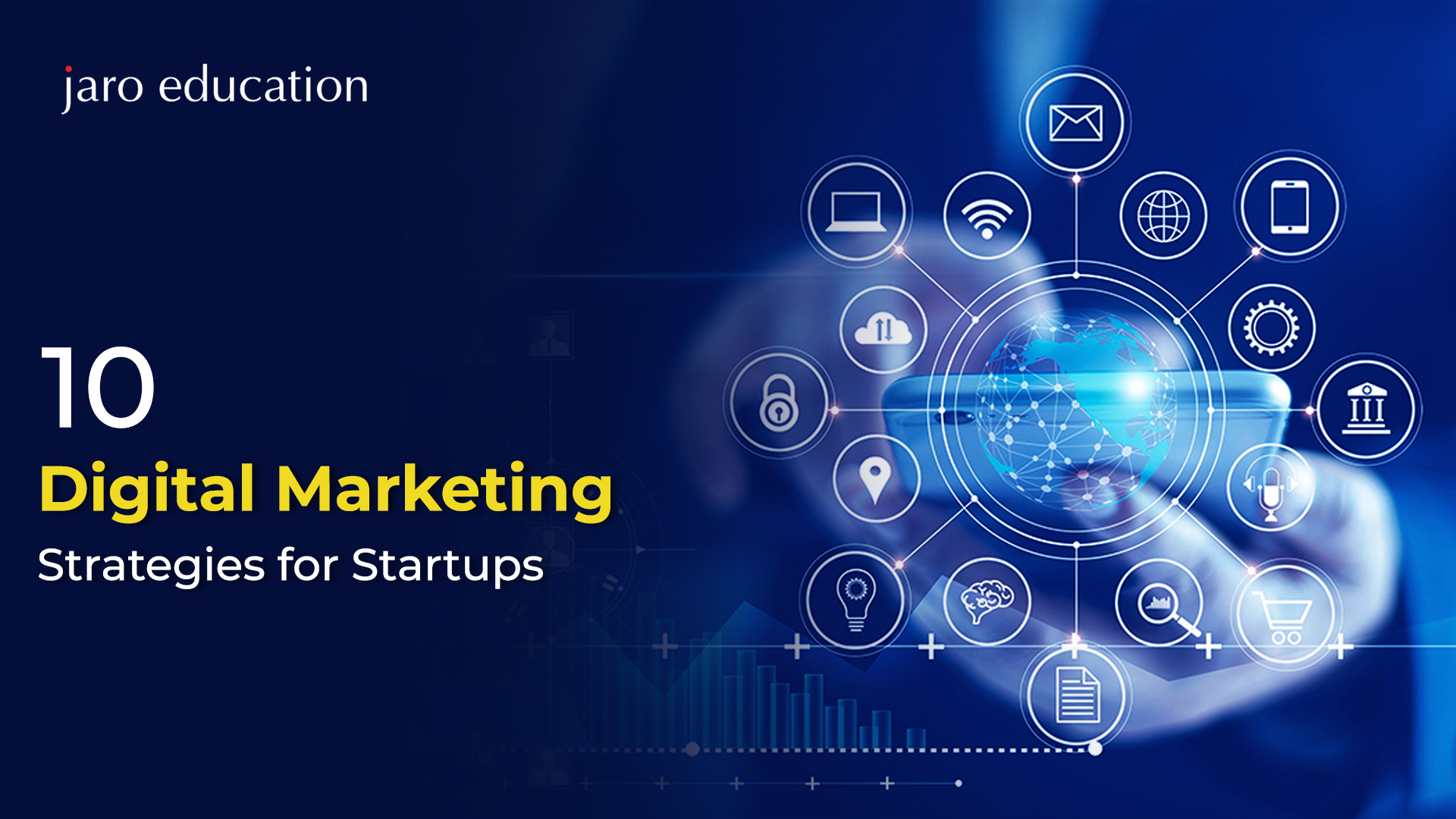
10 Digital Marketing Strategies for Startups
Have you ever thought about what differentiates great leaders from everyone else? Leadership is not about a title or position; leadership is inspiring others, enabling others to grow, and handling challenges with the right strategies.
Whether you’re an executive, you manage a team, or you are an aspiring leader, appreciating the qualities of an effective leader can be transformational to your journey. This is because our world is complex and fast-paced, and the need for strong leadership has never been greater. Impressive leaders do not only deliver results, but they also create a culture where people feel valued and inspired to contribute. In addition, great leaders have a special blend of skills and personal attributes that allow them to converse with their teams at a deeper level.
In this blog, we will highlight ten meaningful leadership qualities that contribute to effective leadership. We will also discuss each attribute and its significance. This blog will help you learn how to lead with integrity. Let’s dive into the conversation and learn what outstanding leadership is about.
*library.south.edu
Digital Marketing Strategies
Generally speaking, a digital strategy is an action plan designed to achieve business objectives through the implementation of digital initiatives. Digital strategy is not a completely new way of looking at business. Technology has changed, but so has the nature of business.
Top 10 Digital Marketing Strategies for Startups:
The most effective way to grow your startup business is to develop a comprehensive digital marketing strategy. Proper strategies in digital marketing activities help you manage your business objectives on time and within budget.
Here are the top 10 recommended strategies that benefit startups in the competitive marketplace:
Go Digital
Establish your web presence, starting with your website. Build your brand with unique logos and an attractive business vision.
Video Content and Webinar
Creating and offering downloadable offers of compelling video content, including e-books and webinars, helps convert traffic from anonymous website visitors into a recognizable leads.
Content marketing
Establish a robust framework for creating, publishing, and promoting relevant content for a predefined online audience. Design a content marketing plan, such as an editorial calendar; See ways to optimise your content for search engines.
SEO
Content designed for search engine optimization (SEO) and pay-per-click (PPC) adds visibility and helps drive traffic when your published content.
Email marketing
Creating a compelling, engaging message for sales purposes always leads to higher ROI. Working with registered organisations and channel partners for email campaigns and email lists always yields results.
Social Media
Effective use of social media to increase brand awareness; You attend and keep the pages active.
A/B Testing
Gather useful feedback by simultaneously proposing two versions of the same webpage to different sections of the website visitors and then comparing which version improves the website conversion.
Call to Action
Offer your website visitors the option to log feedback via CTA actions, say, click a button, submit an email address, or call for a free consultation. This will close the loop and you will have visitor information available for future follow-ups.
Marketing Automation
Procure software to automate monotonous marketing tasks in a more personalised experience for their customers, such as email marketing, social media posting, and even advertising campaigns.
Content Syndication
Plan to publish your content on third-party sites that have a wide range of audiences. With a nominal subscription, you may have the opportunity to bring more engagement to your well-crafted content.
Conclusion
Digital marketing certification has now become an industry standard. With the advancement of the technological age, your education in this field will prove to be one of the most valuable skills. Working professionals who want to move to digital marketing can find a professional place in the industry and growth.
A smart digital marketer will implement the most feasible of the above strategies. Of course, it is important to analyse the facts and data before choosing a plan. One of the key benefits of using analytics as part of your digital marketing efforts is that it helps you make informed, data-led decisions, which helps you run effective campaigns and perform better business.
The IIM Nagpur- PG Certificate Programme in Digital Strategy and Marketing Analytics, provides tremendous value to digital marketers who can better apply marketing strategies suitable for any startup.
FAQs

